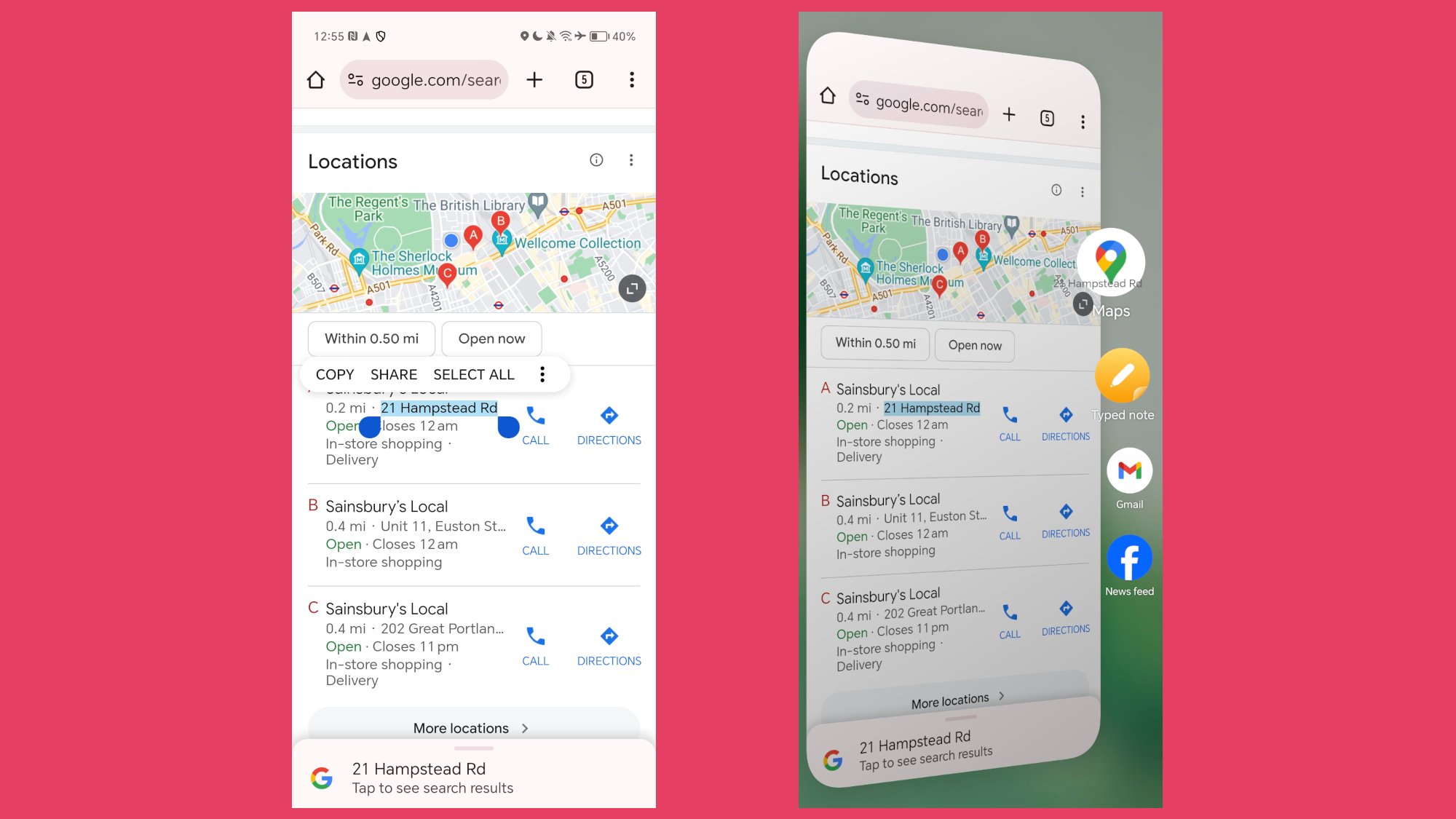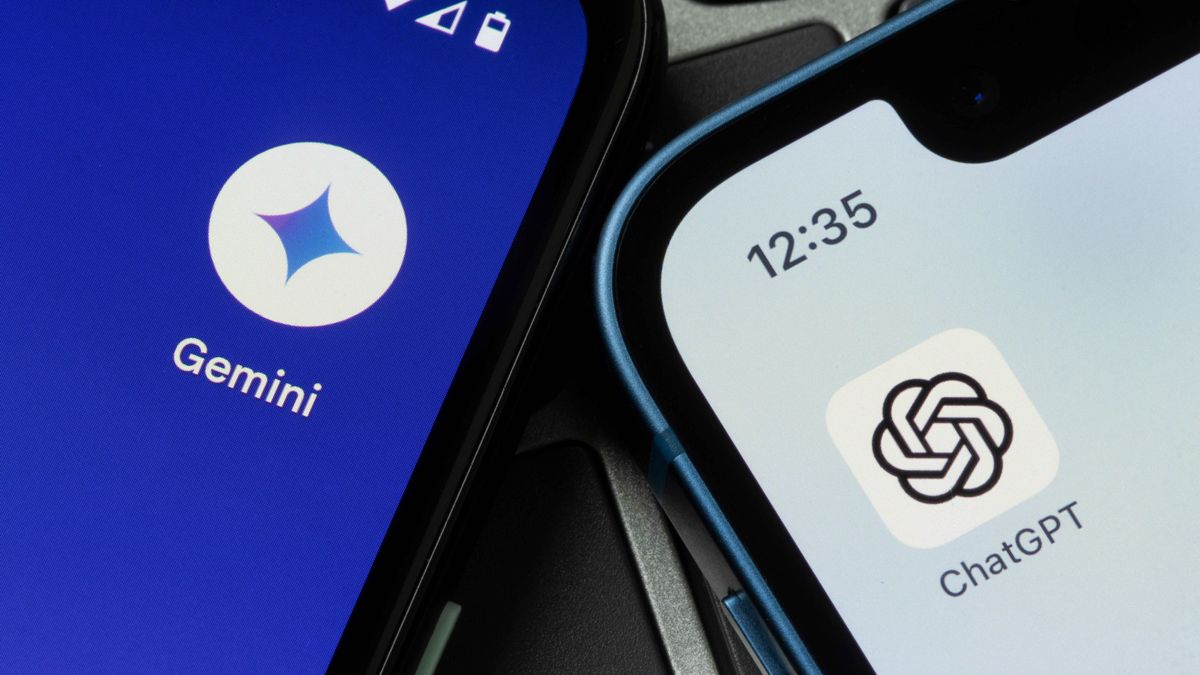I can't help but feel that phone manufacturers are missing the point of AI. I've never felt compelled to put my face in a group photo that I wasn't a part of, use Google's Best Take feature, send my roommate a weight-lifting squirrel emoji using Genmoji on iPhone, or Create tons of new wallpapers with Samsung's Generative Wallpaper tool.
Granted, all of these gimmicks are part of broader AI toolsets that contain truly life-enhancing features – live transcription tools, for example, are a game-changer for me as a journalist – but Apple, Google and Samsung seem intent on marketing their most unnecessary AI features instead of showing me how their latest products can actually make my everyday life (not my social media life) easier.
Ultimately, that's what AI should be used for, right? To improve (or simply speed up) the most mundane aspects of our everyday lives and give us more time for the things we love to do. That's why I hope that in 2025, phone makers focus less on generative silliness and more on making my daily commute a slightly less stressful experience. Yes, that’s right – my big AI wish for 2025 concerns trains. Or more precisely, the train times.
Why can my AI-packed iPhone 16 Pro accurately identify random objects in my immediate surroundings using camera controls alone (that's visual intelligence FYI), but it can't automatically tell me when my train to Farringdon Station is (or more likely) . not) arrive on a rainy Tuesday morning?
Just like my Tesco Clubcard pops up every time my iPhone knows I'm near a Tesco (that's the equivalent of Walmart in the UK, US readers), wouldn't it be cool if it also showed my frequent train journeys and … would show me real-time train travel times in a helpful pop-up?
Contextual notifications like this would save me from having to open the Trainline app twice a day, enter my station's origin and destination information, and scroll through the list of inevitably late trains.
And yes, I understand that this is more of an appeal to Trainline than to Apple – looking at my iPhone's dynamic Tesco pop-ups, Apple's software is already capable of providing contextual notifications – but this seemingly simple request serves as a microcosm for the kind of help I want from AI toolsets like Apple Intelligence.

Any software that reduces the number of steps to switch between apps significantly improves the mobile experience. Chinese mobile brand Honor, on the other hand, seems to understand this desire better than most, as its Magic Portal interface – a shortcut feature that allows users to switch between apps and services with a single swipe – proves to be innovative and, above all, in ours useful testing its latest phones (see our Honor Magic 6 Pro review and Honor Magic V3 review for more information).
Magic Portal is part of Honor's broader “intent-based UI,” which is great, but still requires some initial input from the user (be it a click, swipe, or long press) before providing the desired information. I'm asking mobile manufacturers (and app developers) to go one step further in 2025: predict what information I want to get on my phone and provide it to me *before* I search for it in an app or device Website.
I want to spend less time on the phone, not more – Genmoji is just another time waster, but mobile software that helps me get home from work faster? That's what I call intelligence.
